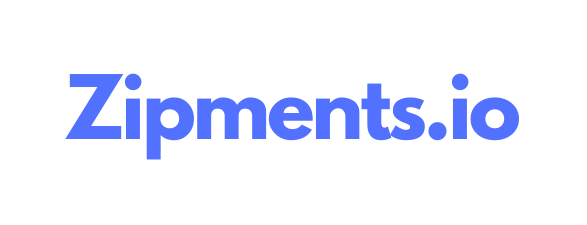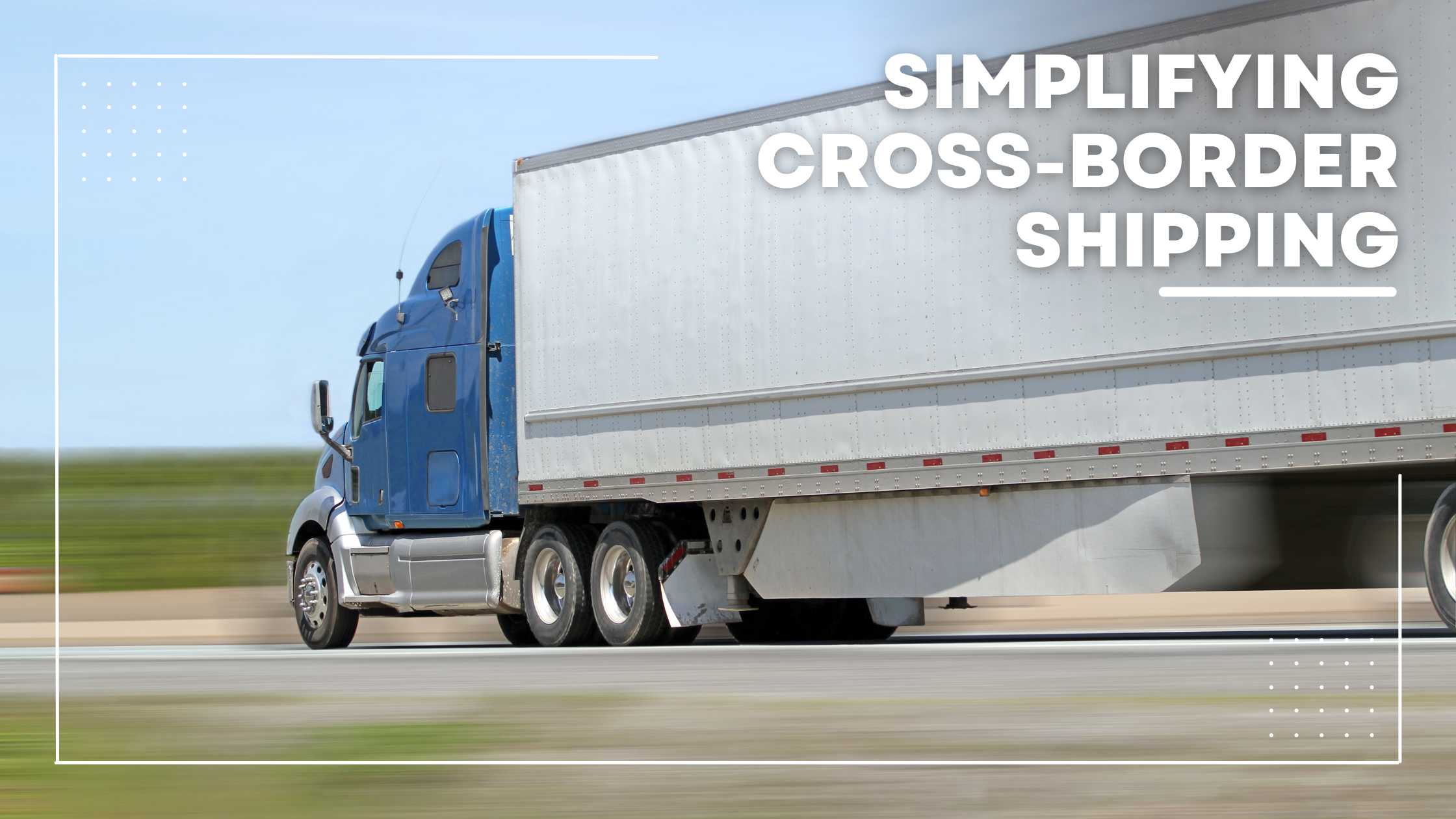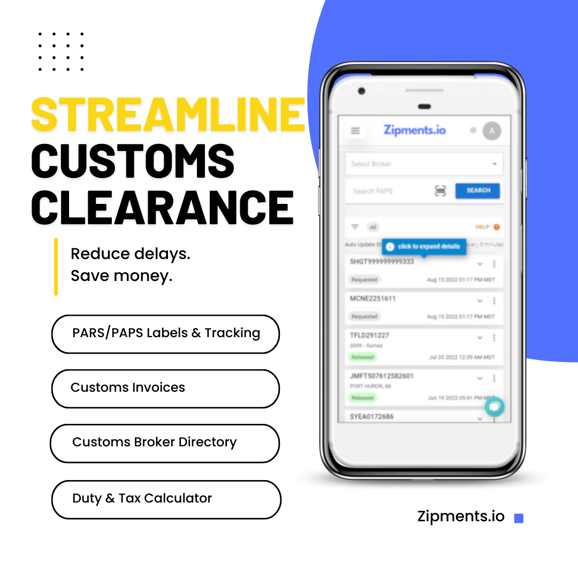Cross-border shipping is good for business. US and Canada have one of the largest trade...
How To Simplify International Shipping
Canada and the United States share a long history of mutually beneficial trade. Each day thousands of shipments cross the border, facilitating the flow of goods between the nations. If you’re not used to shipping internationally, shipping across the border can be a tricky process. Whether you are shipping into Canada or the Unites States, there are certain obligations which need to be met in order to clear customs and avoid delays. No matter which side of the border you're on, there's one thing you need to know: customs delays can happen. So when they do, don't panic. Here are the steps you can take to avoid delays or minimize their impact for your shipments.
Utilize Technology Efficiently
The most effective method of getting organized with your customs clearance process is to use technology for your key documentation and tracking. Often delays at the border result from lack of communication between broker, carrier and shipper, but this can be easily avoided. With technological developments of late, you are able to complete your relevant paperwork such as a customs invoice in less time, and with greater accuracy, while maintaining an eye on the shipment so that any potential issues can be addressed early and avoid long phone calls or delays figuring out the problem.
Drivers can save time at the border by tracking their PARS and PAPS in real-time, while any potential issues can be addressed early on. In using a platform like Zipments, there is streamlined communication and greater visibility between carriers, brokers and shippers, with the ability to effortlessly exchange documentation and data, in order to ensure a shipment is ready to clear the border.
Understand The Essential Paperwork
In order to cross the border seamlessly, it is important to understand the required documents and how to correctly complete each of the forms. Incomplete or missing documents will lead to delay and potential penalties at the border, so it is essential to get this step right. In this day and age, technology has simplified how we can access documents and made it easier to ensure accuracy. Some documents you do not want to miss include:
- Bill of Lading: This is a legally binding agreement between the carrier and shipper, and the document is essential in the cross border process.
- Customs Invoice: When you are shipping or heading into Canada, you will need a Canada Customs Invoice (CCI), and a US customs invoice for US imports. Canadian customs will not accept privately printed customs invoices, so yours has to match the CBSA approved CCI form.
- Packing List: The packing list contains important data such as weight, measurement, description and count of the goods in the shipment, so it is a handy document to have. It is similar to a customs invoice but it is not interchangeable.
- Certificate of Origin: In international shipping, the origin of the goods is important, and the COO document will certify that goods originate from, or have been produced in a particular country. This document is essential because there are trade regulations and laws globally, and some countries do not accept goods from specific countries.
- Manifest: The manifest provides a record of goods being transported and by whom. It provides important information about the goods, the origin of the goods, destination and other details.
- PARS/PAPS: Your labels are important in the customs clearance process, and should accompany every shipment. For goods heading into Canada you will need a PARS label, while goods going into the US will need a PAPS label. You can also use your PARS or PAPS to track the process and find out if the goods have been cleared to cross before even arriving at the border.
When you use Zipments for your cross-border clearance, you can access real-time PARS and PAPS tracking, as well as your Canada Customs Invoice or US Customs Invoice forms.
All Zipments invoice forms are CBP and CBSA approved. The form template applies AI technology to automatically generate the correct tariff or HS code for you.
You can also use Zipments to access a hand-vetted customs broker directory, communicate and send invoices between carrier, broker or shipper, and more.
Your customs clearance process is simplified and streamline, with just one platform.
Have Knowledge of Laws and Regulations
While you do not need to be an expert on international trade laws in order to ship or transport internationally, it is important to have an understanding of the general regulations pertaining to your goods and the transport of goods into certain countries. Each country you are shipping to, will have its own set of regulations or guidelines on what is allowed to come in, and the taxes or fees pertaining to those goods.
You will need to avoid exporting to sanctioned countries, but in order to know what they are, you would need to research your shipping destination and rules regarding your goods. The best way to avoid delays or issues is to study relevant regulations for your shipment, so you can prevent the goods getting stuck at the border or being sent back. Some essential rules to understand will revolve around a few key topics:
- Tariffs: Each country imposes fees and taxes on goods entering the country, and a tariff or HS code on your documentation is used for this purpose. The taxes and fees imposed on shipments will affect both the time it takes for customs clearance and the potential cost of shipping.
- Restrictions: Certain goods or items have import or export restrictions in place for a number of reasons, so it is important to note whether your shipment falls into this category. Certain pharmaceuticals or hazardous materials for instance, will require additional permits or certification in order to be able to cross the border.
- Packaging or Labeling: Customs is quite particular regarding the packaging and labeling of goods, so it is important to adhere to proper labeling guidelines. Remember that each country imposes its own rules for this, as for instance Canada requires any goods imported for sale in Canada to have both French and English on their label. Failure to comply with appropriate labeling guidelines will result in penalties or fines, as well as delays.
Carefully Select Carriers
The partnership between carrier and shipper is an important one, as the rest of the process is highly dependent on effective communication between the two. You will want to select a carrier who can handle the cargo needs and provides a reliable service. Carriers should adequately prepare their drives to cross the border with the right paperwork and documentation.
Drivers will need a valid passport and license. Some qualities to look for in a carrier include good security measures such as tracking of the shipment, as well as at least some cross border experience. Ideally, you will want carriers who have covered the destinations you are thinking of shipping to, as they have first hand knowledge of the best routes.
Hire The Right Customs Broker
Who you work with can have impact on your shipment crossing the border in a timely manner. Since customs brokers are a key link between shippers and customs, it is important to be careful in selecting who you work with. Most often, customs delays result due to a lack of paperwork or incomplete paperwork. If you do not choose a vetted broker, you may find yourself delayed at the border with a broker claiming that the shipper isn’t their client.
Any misunderstandings and oversights can be easily avoided by registering an account with a trusted customs broker and allowing the power of attorney over your shipment. A good customs broker should be able to communicate well and have experience with your type of goods. You want to have your brokers contact info nearby and always ready, in the case of any issue.
When it comes to shipping; lack of knowledge or misunderstanding can lead to costly delays, time spent waiting and frustration. Don't let the border hold you back. Learn how to prepare your documentation and plan ahead of time, so that any issues can be avoided. If you work with Zipments for your customs clearance needs, we can help you get the right paperwork in less time, so that you can avoid delays and keep your customers happy.



.jpg?height=200&name=Blue%20Modern%20Design%20Project%20Proposal%20Presentation%20(2).jpg)
.png?height=200&name=Orange%20Modern%20Minimal%20Blog%20Writing%20YouTube%20Thumbnail%20(4).png)
-1.png?height=200&name=Brown%20Simple%20Tips%20Shoot%20Blog%20Banner%20(6)-1.png)